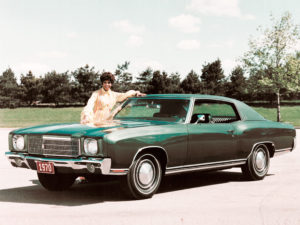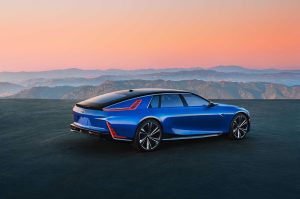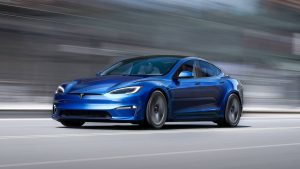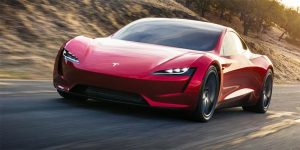In a statement Monday as part of a New Year’s message to shareholders, employees, and the public, Hyundai Motor Group Chairman Euisun Chung stressed the transformation of the company as mobility needs evolve, specifically singling out autonomous technologies as part of that push. The Group is the parent company of Hyundai, Genesis, and Kia.
“We will realize the safest and most innovative mobility technology in the world by strengthening our autonomous driving, connectivity and software capabilities. We will continue to invest in new growth fields such as urban air mobility and robotics to expand the realm of new mobility in the near future,” said Chung.
Hyundai’s New Horizon Studios recently released renderings that explore the possibilities of autonomous mobility including this ‘Elevate’ Walking Car Concept.
Photo courtesy of Hyundai Motor Group
The Group recently made news by agreeing to acquire a controlling stake in Boston Dynamics.
The company has committed to applying Level 3 autonomous driving technology to mass production models in 2022. Further, they will push for commercialization projects for autonomous driving technologies such as robotaxi services in 2023.
There are six levels of autonomous driving according to the Society of Automotive Engineers (SAE). The base Level 0 technology provides warnings and momentary assistance like automatic emergency braking, blind spot warning, and lane departure warning. Levels 3, 4, and 5 offer advanced levels of autonomy that don’t require the driver to be driving all the time. This level requires drivers to drive when a Level 3 features requests it of them.
According to the Pegasus project, a cooperative working to establish the standards of autonomous driving, a Level 3 system, “recognizes its limits but is not able to establish a risk-minimal state from every initial situation. Thus, the system requests the driver to take back the driving task with an sufficient time margin. The automated vehicle handles emergency situations successfully if a human driver could handle the situation.
Late last year, Honda made news when it said that its forthcoming Honda Legend will feature Level 3 autonomous technology, becoming the first in the world to do so. Honda’s parent company says that the car will be launched before the end of the current fiscal year (March 31, 2021) and feature Traffic Jam Pilot as its hallmark technology.
Motional Inc., the joint venture between Hyundai Motor Group and Aptiv, has plans to conduct Level 4 driverless tests on public roads in Nevada. In 2023, the company will work with Lyft to launch autonomous driving commercialization services in “major U.S. regions”. Presumably this means cities that have been traditional autonomous vehicle testing zones like Phoenix, San Francisco, and metro Atlanta.
Hyundai Motor Group also intends to focus on next-generation software that interacts with vehicle driving assistance, map-linked navigation, and connected infotainment systems. This is a natural next step, and something that other automakers are also doing.
Additionally, the Group’s Unmanned Aircraft System, a joint venture with Uber,is on track for a 2026 debut for hybrid powertrain models while a fully electrified model is due in 2028 for use in urban areas. The companies see regional air mobility products connecting adjacent cities in the 2030s.








